Barbiturates are medications that work as depressants of the central nervous system. This group of medications is derived for barbituric acid and includes drugs such as amobarbital, allobarbital, secobarbital, barbital, pentobarbital, and Phenobarbital.
Barbiturates Effects
These drugs are known for the effects they cause on the brain (central nervous system), the heart, and both types of muscles (skeletal and smooth). The effects on the brain depend on the dose of the medications and can vary from mild sedation to a comatose state. Also, barbiturates in low doses can ease tension and anxiety, and decrease blood pressure, heart rate, and rapid eye movement.
Higher doses of these drugs are known to affect the behavior and suppress all inhibitions, while barbiturate overdose can cause sedation, anesthesia, and coma, and in some cases even fatal consequences.
The exact mechanism of the effects barbiturates have on the brain is still unknown. Scientists believe that these drugs affect both sodium and chloride ions channels, reducing the action potential and depressing the brain activity.
- Phenobarbital is also used in cases of withdrawal syndromes of hypnosedative agents. In the field of neurology, barbiturates (phenobarbital and primidone) are still employed, not only in the treatment of certain types of epilepsy (partial and tonic-clonic generalized seizures), but also in the emergency treatment of some types of convulsions, such as those associated with tetanus, eclampsia, cerebral hemorrhage, status epilepticus, or different forms of poisoning.
- As intravenous anesthetic inducers, ultrashort-acting barbiturates are of use, mainly thiopental and methohexital, the latter also being administered rectally in children or as a sedative in some diagnostic imaging explorations.
- In addition to these approved indications, the barbiturates present other current uses. Phenobarbital is capable of improving the hepatic transport of bilirubin in patients with hemolytic jaundice, so that it can be used in newborn babies to treat hyperbilirubinemia and kernicterus. At a diagnostic level, amobarbital, in low doses, can be injected directly into the carotid artery prior to neurosurgery to identify the dominant cerebral hemisphere.
- Finally, anesthetic doses of barbiturates can attenuate post-surgical cerebral edemas and have positive effects in cases of cardiac and cerebral ischemia, reducing the size of the infarcted region. Moreover, barbiturates have been used since the 1970s in the management of acute traumatic brain injury in their capacity to reduce intracranial pressure.
Medical Use of Barbiturates
These medications have been used as anxiolytics and hypnotics, especially pentobarbital and Phenobarbital. These days, barbiturates are replaced with much safer drugs for the same purpose, usually benzodiazepines. Barbiturate overdose is proven to have the potential to be lethal for the patients and overdose of benzodiazepines have fewer chances to be fatal.
Ultrashort-acting and sometimes intermediate-acting barbiturates are used for anesthetic purposes when a patient experiences a medical emergency and needs to be immediately anesthetized for the surgery. Long acting barbiturates like Phenobarbital are used to treat different convulsions, such as epileptic or febrile seizures, status epilepticus, or eclampsia.
Potential Dangers
Barbiturates have several problems associated with their use. These drugs are known to provoke tolerance, dependence and withdrawal symptoms, and there are a lot of people abusing barbiturates to treat their sleeping problems. Doctors never recommend barbiturates for the treatment of insomnia and other sleep-related issues, since they have an extremely long half life and a tendency for developing an addiction.
Person that stopped using barbiturates can experience withdrawal signs and symptoms, which might include insomnia, nausea, stomach problems, anxiety, seizures or even hallucinations.
Besides the use for sleeping problems, people may abuse barbiturates for relaxed feeling, euphoria and ecstasy they experience during the use. Short and intermediate-acting barbiturates, especially secobarbital, amobarbital and pentobarbital are the most commonly abused drugs. These people could suffer from some severe side effects. Depression, respiratory problems, dependence, vision and speech problems and drowsiness are just some of the potential problems associated with the abuse of barbiturates.
These medications are also found less safe and less selective than some other drugs and have some possibly dangerous interactions with other medications.


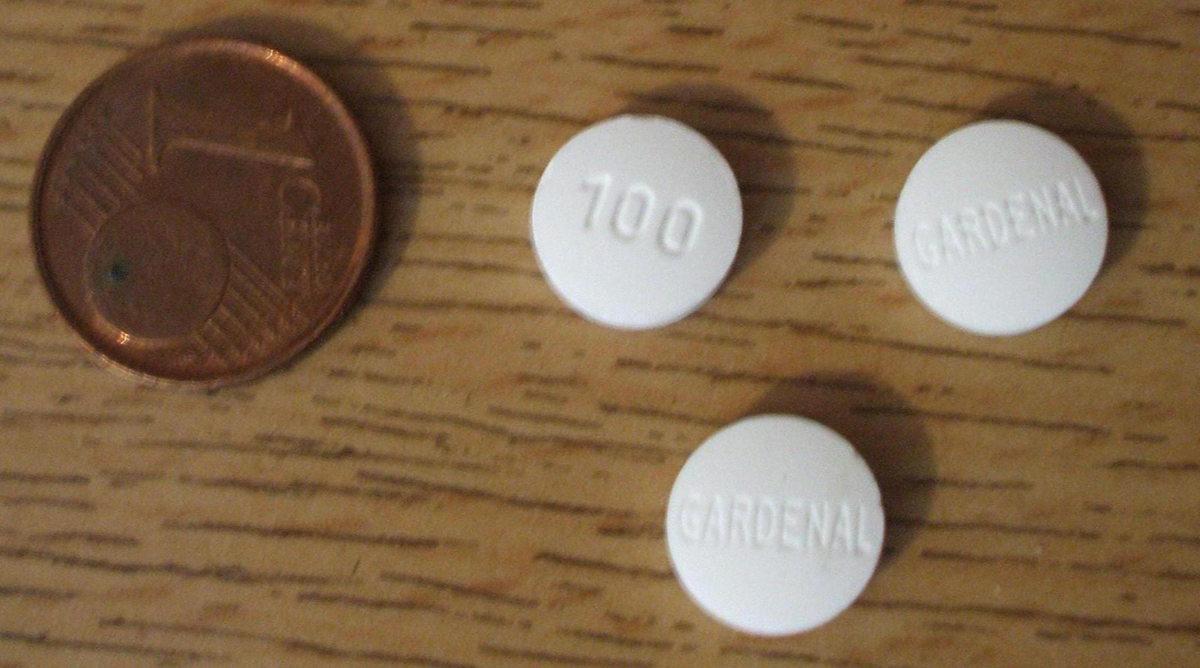
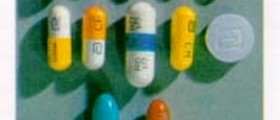
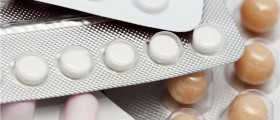
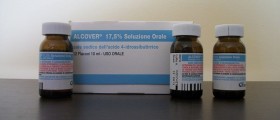
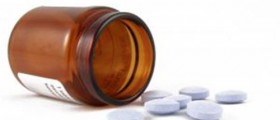


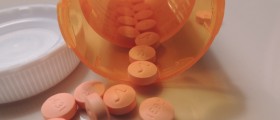



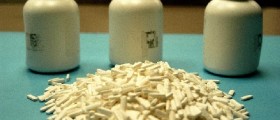

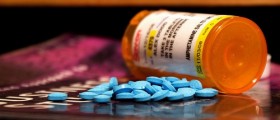
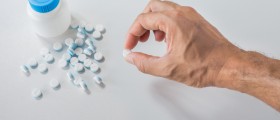
Your thoughts on this
Loading...